Things to do, places to see – Tourism Rabat, Atlantic Coast
The kingdom’s political and administrative capital, Rabat is a little like Washington compared to New York. Wiser and calmer. Everything seems more orderly, even polite, than elsewhere. Rabat owes a debt of gratitude to Lyautey for having been chosen as the administrative center of the protectorate, which helped to give it its current face as a large, modern, pleasant and cosmopolitan city, whose wide avenues punctuated by some fine Art Deco buildings run alongside immense ramparts, including those built by Yacoub el-Mansour in the 12th century.
Lyautey’s innovative urban planning principles were taken into account when the new city of Rabat was listed as a UNESCO World Heritage Site in 2012. Rabat, Morocco’s 4th imperial city after Marrakech, Fez and Meknes, can also boast an older heritage, also noted by Unesco, with the Chellah necropolis and the Kasbah des Oudaïa, where you can sip tea at the Café des Oudayas (ex-Café Maure) and let your gaze wander over the panorama of the estuary. The icing on the cake is the city’s exceptional climate: the thermometer never falls below 6°C and rarely exceeds 30°C.
What to see in Rabat
Considered the country’s cultural capital, the city of Rabat won’t disappoint! Here’s a selection of possible museums and visits:
The Bank Al-Maghrib Museum: a beautiful, modern museum housed in the bank’s former headquarters, with a vast open-plan space on several levels to display its numismatic heritage and rich pictorial collection. Thanks to its state-of-the-art museography (fiber-optic lighting of coins, digital screens, etc.), you can explore the great Moroccan dynasties and cross borders to go back to the 1st trade exchanges (in Asia);

The mausoleum of Mohammed V: under the green-tiled roof, each of the 4 entrances cut into the marble walls is guarded by a military man in full uniform, as are each of the corners inside. Inside, all is luxury and refinement, in a festival of noble materials: the royal sarcophagus of Pakistani white onyx sits under a huge dome of gilded mahogany and Lebanese cedar;

Mohammed VI Museum of Modern and Contemporary Art: the permanent collection showcases an interesting Moroccan art scene not necessarily well known in Europe. The museum also hosts temporary exhibitions, often prestigious, in collaboration with leading French museums, and is open to young African artists.
What to do in Rabat
During your trip, you’ll want to take a stroll through the city to discover what’s hidden away:

The Kasbah des Oudaïa: the site, preserved from modern construction, has retained all its charm, a maze of alleyways lined with houses painted white to symbolize unity, and blue to evoke the sea. You can enter through the Little Gate, from where, on the right, an alley leads directly into the Andalusian Garden, a veritable oasis of tranquillity. In spring, it’s an Eden of fragrance, where sweet orange and jasmine trees exude the delicate perfume of their blossoms. It’s easy to see why this garden is a favorite spot for lovers in search of romance;

Chellah necropolis: while the Roman ruins are of particular interest to specialists, the Merinid necropolis is well worth a visit. Note the remains of highly refined decoration and tombs of various sizes, grouped by family (including that of Sultan Abu el-Hassan and his English wife, who converted to Islam), as well as the venerable minaret colonized by storks. Without a guide, however, it’s hard to make out the foundations of the mosque and the Koranic school. Numerous elements from Chellah are now on display at the Archaeological Museum;

The Hasan Tower: the entrances to this vast esplanade are guarded by 4 soldiers on horses of remarkable patience and immobility. They watch over the nearby mausoleum and the remains of Yacoub el-Mansour’s grandiose dream. In the 12th century, this ambitious caliph planned to build the world’s largest mosque, supported by 312 columns and 42 marble pillars. Work was halted on his death and, after much looting and the earthquake of 1755 (the same one that destroyed Lisbon), all that remains today is a majestic set of truncated columns and impressive basements (where an underground mosque has been built) ;
Where to swim near Rabat?

What are the best beaches around Rabat?
Rabat also means sun and sea! Here’s a selection of the best beaches in the Rabat area:
Bouznika beach: very popular with Moroccans, who come here for their vacations. Construction is booming here. The beach is separated from the road by a row of buildings, with the occasional signposted public passageway;
Temara beaches: a succession of beaches along the coastal road, some fifteen kilometers from Rabat. The closest to the city, accessible by bus, they are obviously the busiest.
- 1
- 2

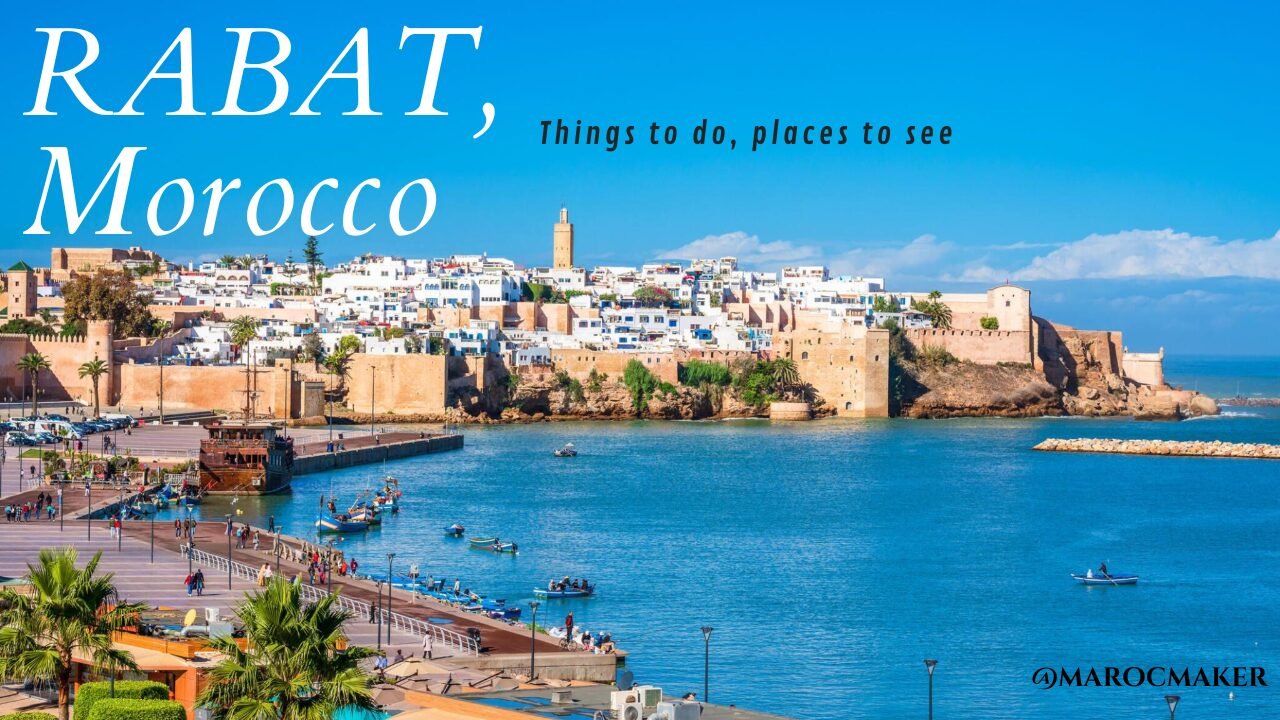
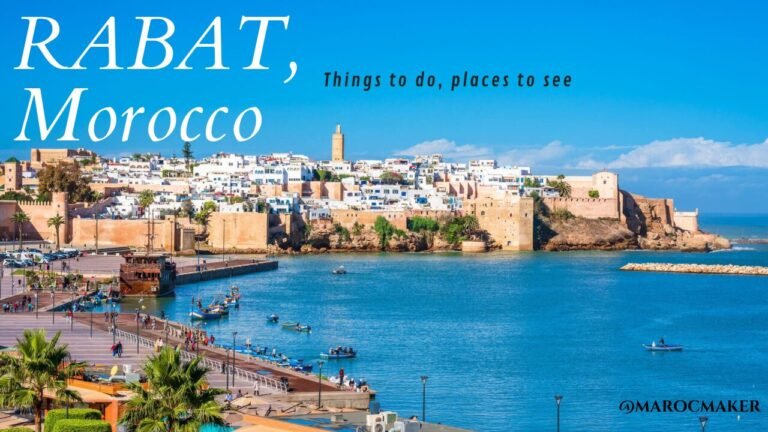
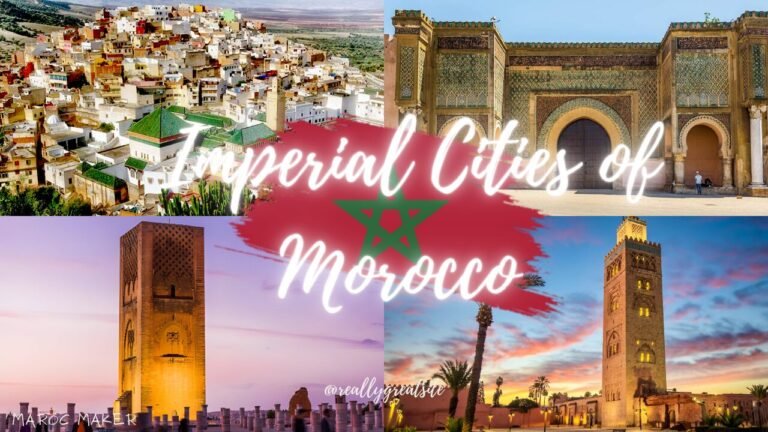
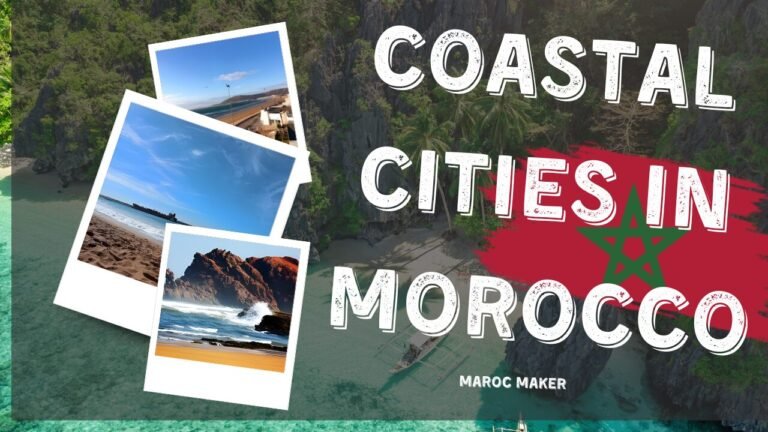
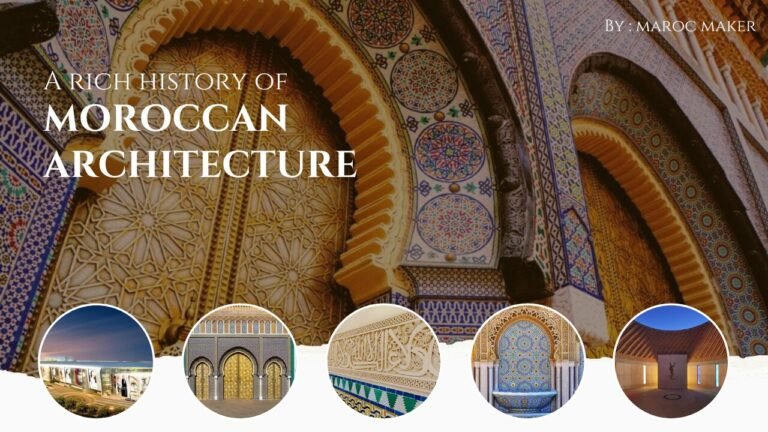
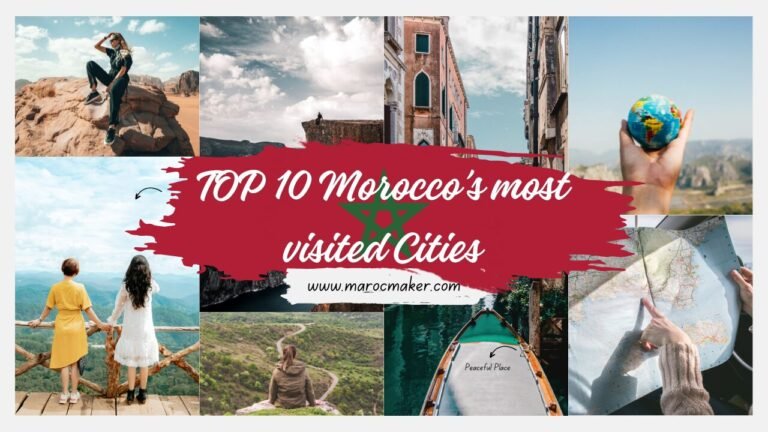
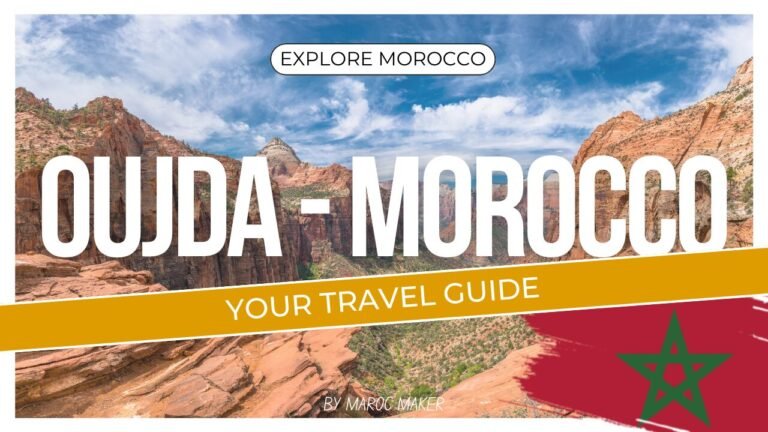
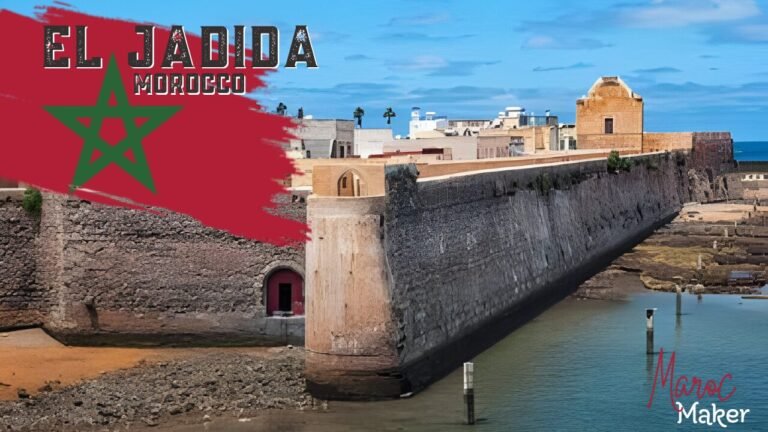
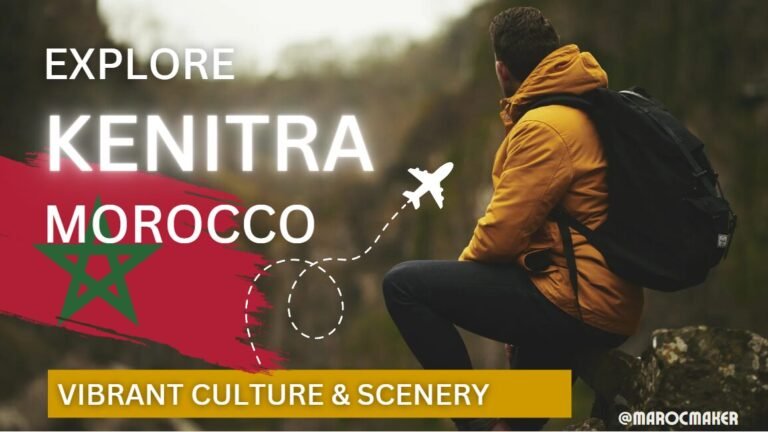
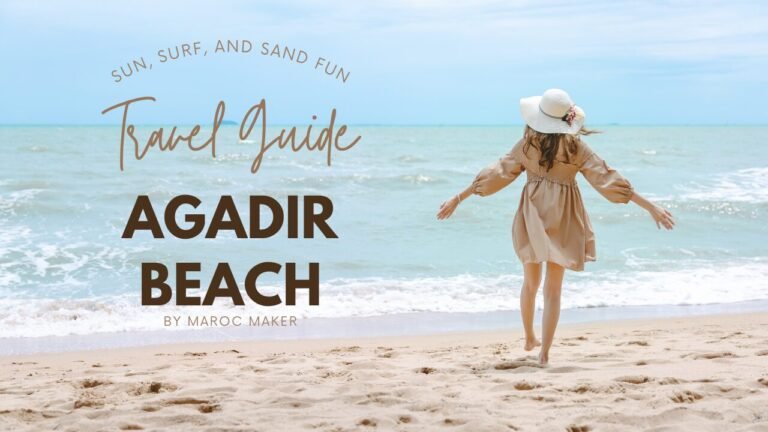


Devin
I was looking through some of your content on this internet site and I think this website is real informative!
Keep on posting.
Jessefig
Аренда гидроцикла Владивосток. Большой выбор гидроциклов в аренду от собственника. На сервисе arendakatera.pro вы можете сдать или взять в аренду гидроцикл
можно здесь
HaroldCar
Модные заметки по выбору необычных видов на каждый день.
Обзоры стилистов, события, все коллекции и шоу.
WillieMoith
Стильные заметки по выбору модных образов на каждый день.
Обзоры экспертов, события, все новые коллекции и шоу.